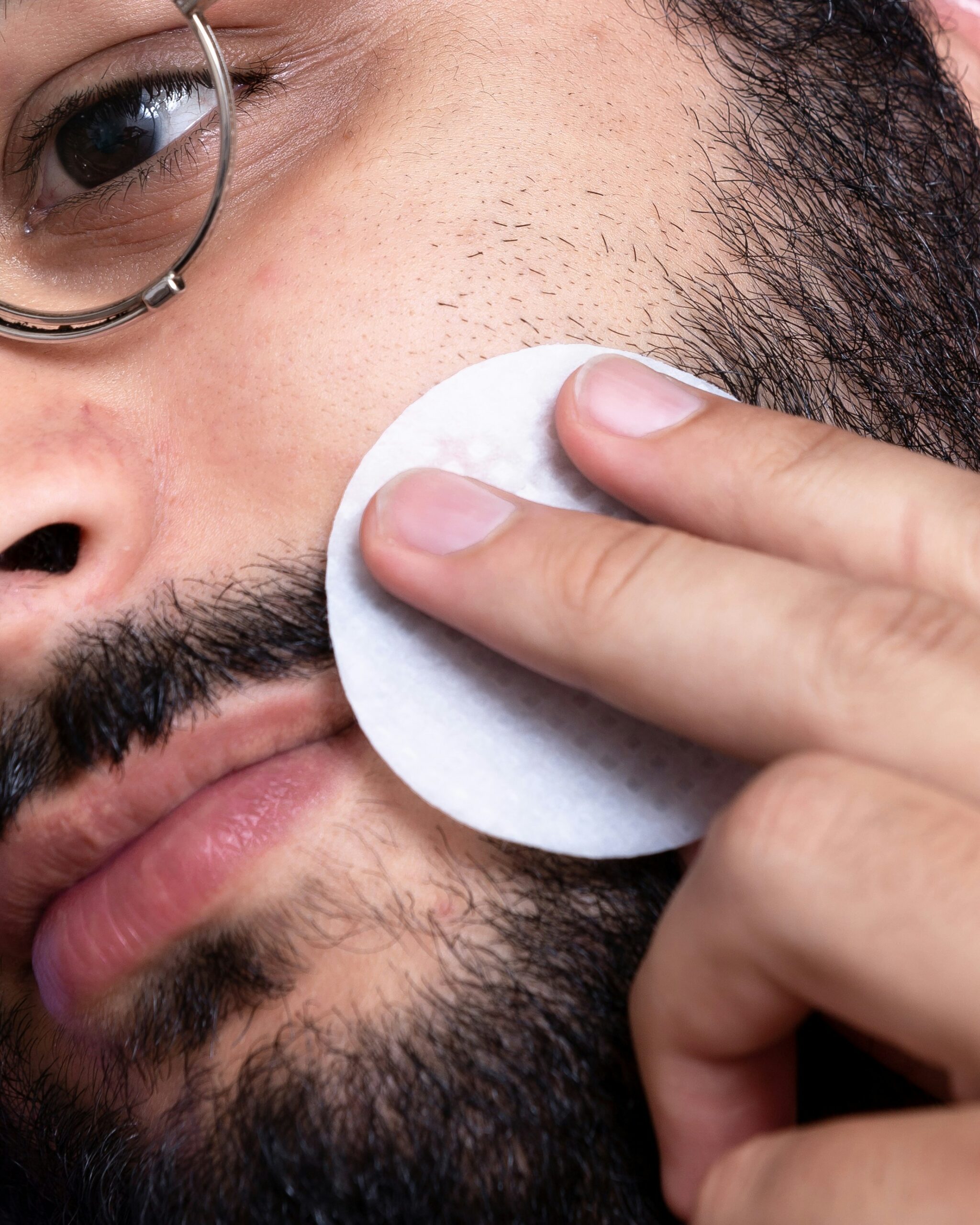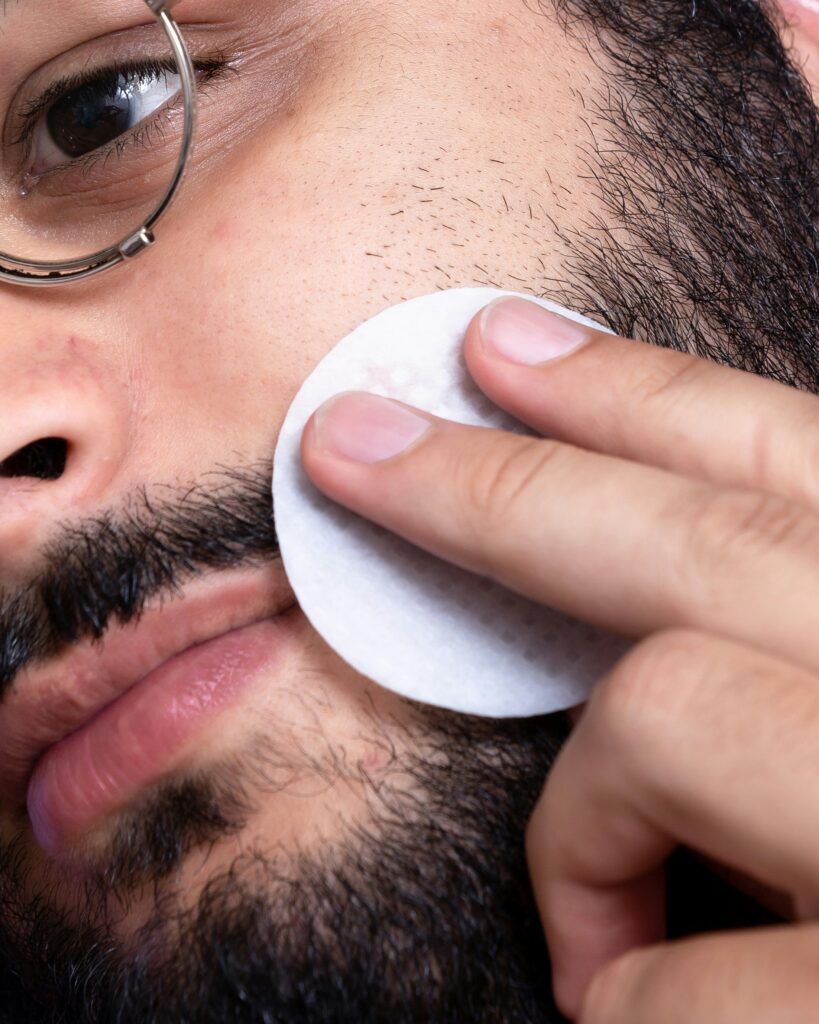Beard Serum vs Beard Oil: Which One Should You Choose for Your Beard?


When it comes to beard grooming, the debate between beard serum vs beard oil is common among men who want the best care for their facial hair. Both products promise to improve your beard’s health and appearance, but they serve different purposes. In this article, we’ll explore the differences, benefits, and usage tips for beard serum and beard oil so you can make an informed choice.
What is Beard Oil?
Beard oil is a popular grooming product designed to moisturize the skin beneath your beard while softening the hair itself. It usually contains a blend of carrier oils such as jojoba, argan, or coconut oil, and essential oils for fragrance. The primary function of beard oil is to hydrate and nourish both skin and hair, reducing itchiness and dandruff.
What is Beard Serum?
Beard serum is a more recent addition to the beard care market, often formulated with active ingredients designed to stimulate hair growth and repair damaged hair follicles. Unlike beard oil, serums tend to have a lightweight texture and can contain vitamins, peptides, or botanical extracts that target specific beard concerns such as patchiness or slow growth.
Beard Serum vs Beard Oil: Key Differences
Understanding the beard serum vs beard oil difference helps you select the right product based on your beard’s needs.
1. Purpose and Benefits
- Beard Oil focuses on moisturizing and softening. It keeps the beard hair smooth, prevents dryness, and soothes the underlying skin.
- Beard Serum primarily aims at promoting growth and repairing hair damage. It helps in thickening patchy areas and improving hair density over time.
2. Texture and Application
- Beard oil is thicker and can leave a slight oily feel. It is usually applied after showering to lock in moisture.
- Beard serum is lightweight, absorbs quickly, and feels less greasy, making it suitable for daily use or layering with other products.
3. Ingredients
- Beard oil typically includes carrier oils and essential oils.
- Beard serum contains active ingredients like biotin, caffeine, or peptides, designed for hair stimulation.
Which One Should You Use? Beard Serum vs Beard Oil
Choosing between beard serum vs beard oil depends largely on your beard type and grooming goals.
For Beginners or General Care: Beard Oil
If you are new to beard grooming or have a well-established beard, beard oil is the simplest and most effective choice. It moisturizes, reduces beardruff (beard dandruff), and makes your beard soft and manageable.
For Beard Growth and Repair: Beard Serum
If you struggle with patchy growth or damaged hair, a beard serum can offer targeted benefits. The active ingredients encourage hair follicles to grow stronger and fuller, making serum a great addition to your routine.
Can You Use Both Beard Serum and Beard Oil?
Absolutely! Many men find the combination of beard serum vs beard oil offers the best results. Start your grooming routine with serum to stimulate growth, then follow up with oil to hydrate and style. This dual approach ensures your beard looks healthy, feels soft, and grows thicker over time.
How to Apply Beard Serum and Beard Oil Correctly
Proper application can enhance the benefits whether you choose serum, oil, or both.
Beard Serum Application:
- Use a few drops on a clean, dry beard.
- Gently massage into the skin and hair follicles.
- Apply daily for best results.
Beard Oil Application:
- Warm a few drops between your palms.
- Massage evenly through the beard and skin.
- Use after washing your face or showering.
Also Read: https://www.gettoplists.com/yoga-teacher-training/
Common Mistakes to Avoid When Using Beard Serum and Beard Oil
- Overusing the product — Too much oil or serum can make your beard greasy. Use only a few drops.
- Applying on a dirty beard — Always apply on a clean beard to prevent clogging pores.
- Ignoring the skin underneath — Both products work best when massaged into the skin, not just the hair.
Why Is the Beard Serum vs Beard Oil Debate Important?
Understanding the differences between beard serum vs beard oil helps men tailor their grooming routine. With the right product, you can maintain a healthy beard, solve common issues like dryness or patchiness, and achieve a polished, well-kept look.
Conclusion
While both beard serum and beard oil improve beard health, their functions are different but complementary. Beard oil is ideal for moisturizing and maintaining softness, while beard serum targets growth and repair.
For men serious about beard care, combining both products offers the ultimate grooming experience. Choose products that suit your beard type and enjoy a fuller, healthier beard.
Frequently Asked Questions (FAQs)
1. Can I use beard serum and beard oil together?
Yes, using both can provide hydration and promote growth simultaneously.
2. How often should I apply beard serum?
Daily application is recommended for optimal growth results.
3. Is beard oil suitable for sensitive skin?
Yes, especially oils with natural ingredients like jojoba oil are gentle.
4. Can beard serum cause irritation?
Some serums may irritate sensitive skin; always do a patch test first.
5. Which product is better for a patchy beard?
Beard serum is better for stimulating growth in patchy areas.
6. Will beard oil help my beard grow faster?
Beard oil mainly moisturizes; it doesn’t actively speed up growth.
7. Can I apply beard oil and serum at night?
Yes, nighttime application can maximize absorption and benefits.
8. Are there any side effects of beard serums?
Side effects are rare but can include skin irritation if allergic to ingredients.
9. How much beard oil should I use?
Typically, 3-5 drops are sufficient depending on beard length.
10. Can beard serum replace beard oil?
Not entirely; serum targets growth, while oil focuses on hydration.



